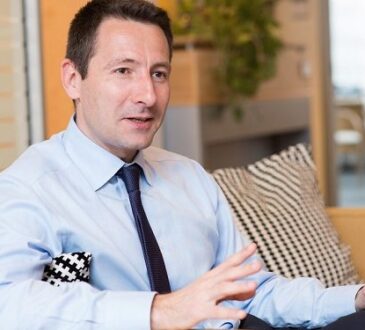
Stakeholders in Ghana’s transport and energy sectors are calling on the government to prioritize training skilled labor to manage electric vehicles (EVs) as the country transitions from fossil fuel vehicles to EVs.
This transition is gaining momentum with several charging stations already established in key locations such as the Total Filling Station off Liberation Road in Accra, the Kempinski Hotel Gold Coast City, and near SSNIT Hospital in Osu.
Philip Fleisher, an auto mechanical engineer specializing in electric vehicle repairs, highlighted the need for government investment in skilled labor training.
He explained, “Even auto electricians, some of them don’t want to work on these cars. If you take it there, they won’t mind you…But then, when it comes to the motor [battery pack], it requires some expertise that is not common in this country.”
His comments come after the approval of Ghana’s Energy Transition Investment Plan, which includes the development of a National Electric Vehicle Policy. This policy will be implemented in three phases: from 2024 to 2026, addressing challenges to EV uptake; from 2027 to 2035, ensuring a successful take-off with a penetration rate of around 35%; and from 2036 to 2045, ensuring no new petrol or diesel vehicles are sold or imported into Ghana.
Frank Atanley Kofigah, Executive Secretary of the Vehicle and Asset Dealers Union of Ghana (VADUG), also supported the need for the government’s investment in skill training for EV operation. He noted that the capacity of Ghanaian repairers to handle EVs is currently lacking compared to the widespread knowledge and access to service centers for combustion vehicles.
Frederick Mensah, a transport owner and fleet manager using an electric vehicle for about two years, emphasized the need for the government to drastically reduce import duties on electric vehicles.
He said, “The big one is the duty. It was mentioned some time ago by the government, so if it is looked at and reduced drastically, it will make a lot of people do the transition from fossil fuel cars to EVs very quickly.”
Alhaji Abass Imoro, Public Relations Officer of the Ghana Private Road Transport Union (GPRTU), suggested that the government also focus on repairing poor road conditions while introducing electric vehicles.
He stated, “If I want to buy a vehicle that I am going to use for commercial purposes, I know the type of vehicle I will buy. A vehicle which I believe can stand the nature of our roads.”
Nana Amoasi VII of the Institute of Energy Security (IES) highlighted the need for public-private partnerships to stimulate the growth of the electric vehicle industry.
He said, “If the government engages the private sector, the private sector has some capacity to introduce some financing in the space and also to support with the technical dimension of what we seek. Also, the government must provide incentives and subsidies for the growth of the sector.”
Herbert Krapa, the Minister of State at the Ministry of Energy, disclosed that they are currently supervising the adoption of biofuels for vehicles, pending the aggressive rollout of the electric vehicle policy.
He noted, “We have a biofuel commercialisation and industrialisation programme which we are supervising at the Ministry of Energy. To say that before we bring in the electric vehicles, we currently still have internal combustion vehicles here. We will transition into biofuels, which are cleaner fuels while we move to electric vehicles in the long term.”







